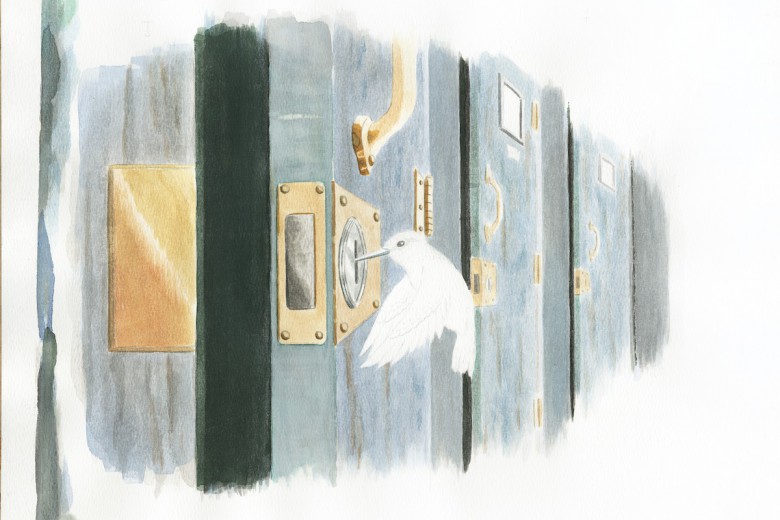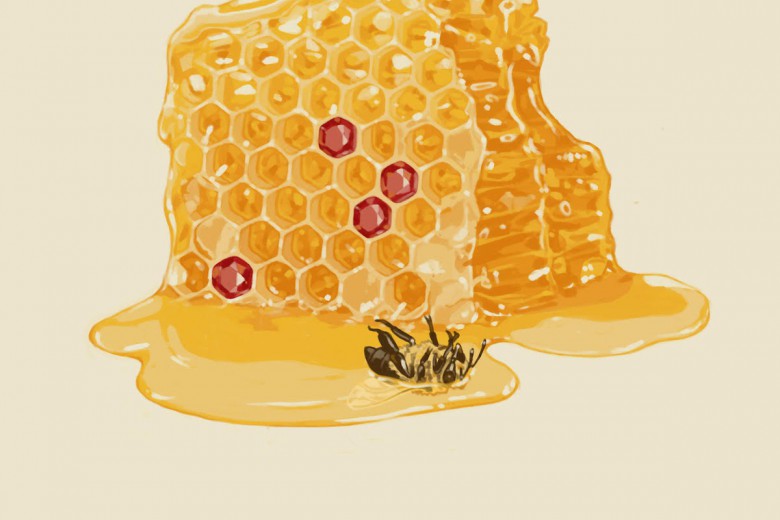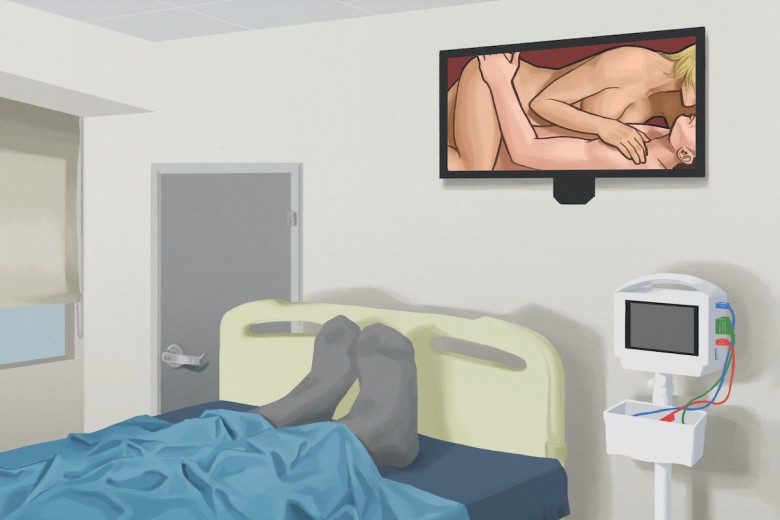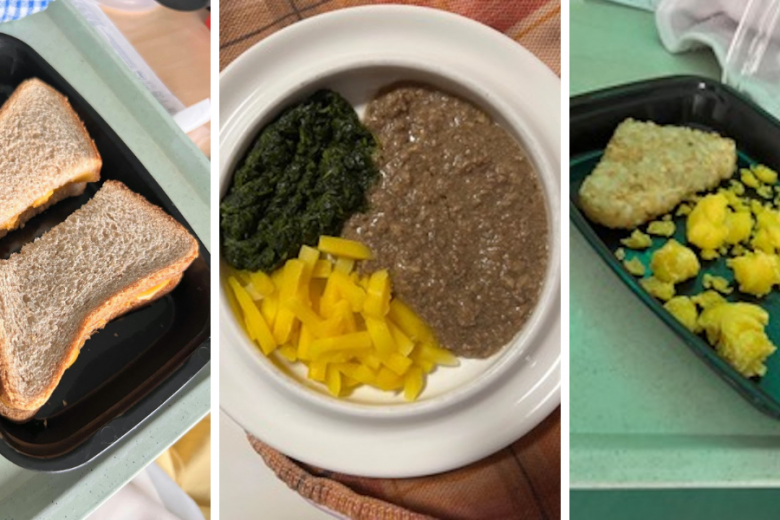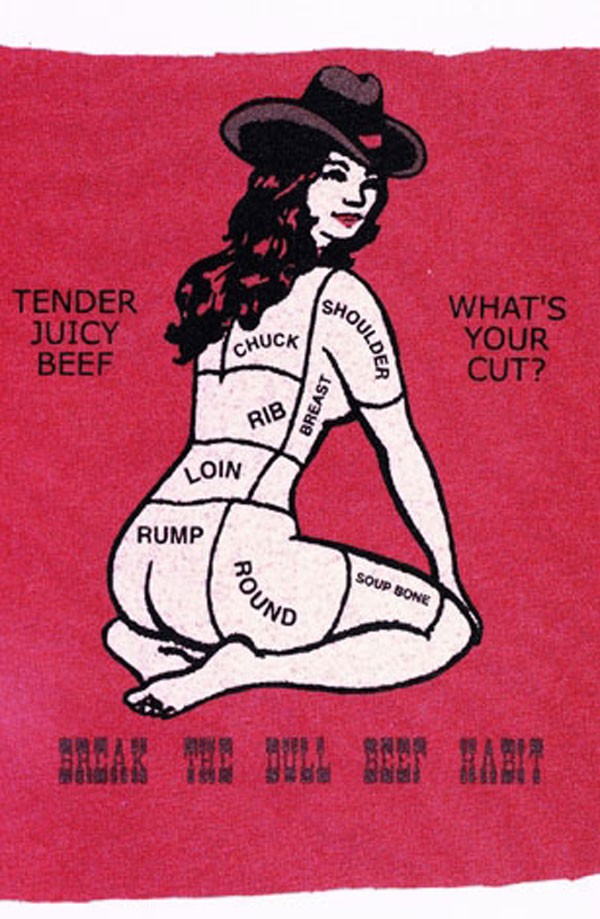
The Sexual Politics of Meat
By Carol Adams
Continuum, 1990
Carol Adams’ The Sexual Politics of Meat is an indictment of the gender politics inherent in a meat-eating culture. It’s also an indispensable resource for those who want to delve into the complex relationship between consumption, hierarchy and domination. With great clarity, Adams lays out the interconnectedness of meat eating and male dominance, of animal oppression and the oppression of women – in short, the sexual politics of meat.
Written almost two decades ago, this book is available in a 10th-anniversary edition featuring a new preface by Adams that explains how the sexual politics of meat remain prevalent at the turn of the millennium. Indeed, the ready availability of porn on the Internet has fueled the further objectification of women, while the slaughtering of animals in affluent societies is increasing. In memory of “six billion each year, 16 million each day, 700,000 each hour, and 11,500 each minute,” The Sexual Politics of Meat is not for the faint of heart or of stomach, nor for anyone who wants to enjoy a slab of steak with a quiet conscience.
Adams begins with an examination of the internalization of domination and oppression in our language, culture and diet. Worldwide, common expressions, fairy tales, religious rules and food taboos that place restrictions on the consumption of meat by women reflect how meat-eating societies gain male identification, Adams demonstrates. Choice of food, in other words, can elevate the status of men over women. While some non-technological societies strictly forbid the consumption of meat by women, other societies – including our own – perpetuate the myths that men need meat to be strong and that vegetarian men are effeminate.
With a particular focus on Western societies, Adams exposes the semantic and cultural associations between meat eating and power. She shares the story of a curious coincidence that occurred to her as she sat down to lunch at the British Library:
Vegetarian food in hand, I descended to the basement. A painting of Henry VIII eating a steak and kidney pie greeted my gaze. On either side of the consuming Henry were portraits of his six wives… . However, they were not eating steak and kidney pie, nor anything else made of meat. Catherine of Aragon held an apple in her hands. The Countess of Mar had a turnip, Anne Boleyn – red grapes, Anne of Cleaves – a pear, Jane Seymour – blue grapes, Catherine Howard – a carrot, Catherine Parr – a cabbage.
Whether intentional or not, the artistic display depicts these women as the trophies of a powerful man and illustrates the related dietary associations with dominance (meat) and subjugation (fruits and vegetables).
Why, Adams asks, is meat a symbol and celebration of male dominance? Because, she argues, in most cultures the procurement of meat is performed by men, and those who control this valuable commodity achieve power. Adams points out that in non-technological societies, the status of women is inversely related to the importance of meat. A survey of over 100 non-technological societies found a correlation between plant-based economies and an egalitarian power structure, while among animal-based economies the power lay in the hands of the male population.
The implications of meat as a symbol of patriarchy extend well beyond gender roles in society. In a chapter titled “The Rape of Animals, the Butchering of Women,” Adams methodically exposes a pattern of objectification, fragmentation and consumption (whether literal or otherwise) of both women and animals, made possible through the denial of subjecthood to each.
In the same way that the slaughter and consumption of animals is made possible through their objectification within a human-centred hierarchy, Adams argues that the objectification of women enables sexual violence. Adams demonstrates how the consumption of animals and the consumption of women are conceptually (and sometimes literally) linked in pornography, literature, language, mythology, and religious texts.
Meanwhile, women who have been victims of sexual violence frequently describe their experience as feeling “like a piece of meat.” Indeed, when a woman is raped, she is no longer a subject with rights, the will to choose, or the ability to resist, becoming instead an object used, battered, and impaled for another’s pleasure. This is why, Adams explains, “the death experience of animals acts to illustrate the lived experience of women.”
In The Sexual Politics of Meat, Adams’ objective is to trace the parallel trajectories of the oppression of women and of animals, which she achieves with conviction:
Objectification … permits object-like treatment: e.g., the rape of women that denies women freedom to say no, or the butchering of animals that converts animals from living breathing beings into dead objects. This process allows fragmentation, or brutal dismemberment, and finally consumption. While the occasional man may literally eat women, we all consume visual images of women all the time. Consumption is the fulfillment of oppression, the annihilation of will, of separate identity.
By making these covert associations overt, Adams seeks to destabilize patriarchal consumption and domination through a feminist/vegetarian alliance that would seek to reverse the trend that conceptually labels women, people of colour and animals as “less than.” Identification with the disempowered is the first step to recognizing who has privilege and power and acting in solidarity with the oppressed.
Unfortunately, the book reads like a graduate thesis, demanding a labour of love to get from cover to cover without skimming. But the reader is rewarded throughout with a well-structured approach interspersed with references to other works, academic and literary, that challenge and engage and amuse and reinforce in a significant way the message of Adams’ text.
This is one of those few books that have transformed the way I experience the world. Whether it’s watching a movie, walking through a mall, driving past billboards, or even using certain colloquial expressions for the umpteenth time, I see familiar things with fresh eyes since having read this book. Every so often I find myself exclaiming to a puzzled audience, “See? The sexual politics of meat!” It is a revelation that carries a burden, stark and transformational, even for a vegan feminist like me.


